October 2, 2020
Post-COVID environment will drive demand for flexible office space
 Employees are proving keen to return to the office, reporting that they miss the human and social interaction that the office facilitates. At the same time, while employees show a strong affinity for the office, they also desire the ability to have the option to work from home 1-2 days per week on average according to a recent JLL global study of 3,000 workers. The trend towards workplace mobility was not created as a result of the pandemic, but it was certainly accelerated by it. As a result, agile work strategies are expected to increase in a post-pandemic world, reinvigorating demand for flexible space. (more…)
Employees are proving keen to return to the office, reporting that they miss the human and social interaction that the office facilitates. At the same time, while employees show a strong affinity for the office, they also desire the ability to have the option to work from home 1-2 days per week on average according to a recent JLL global study of 3,000 workers. The trend towards workplace mobility was not created as a result of the pandemic, but it was certainly accelerated by it. As a result, agile work strategies are expected to increase in a post-pandemic world, reinvigorating demand for flexible space. (more…)






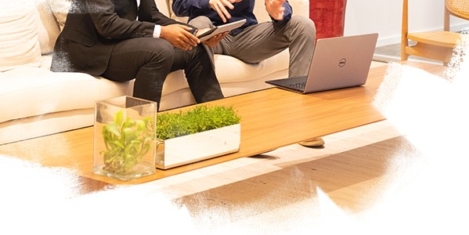

 Workers (82 percent) would rather have permanent jobs than “be their own boss” in a freelance or contract role, even as the self-employed and gig economy has grown rapidly in recent years, claims new research from the
Workers (82 percent) would rather have permanent jobs than “be their own boss” in a freelance or contract role, even as the self-employed and gig economy has grown rapidly in recent years, claims new research from the 



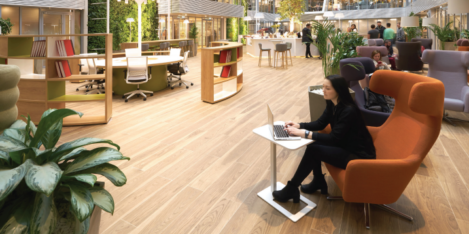
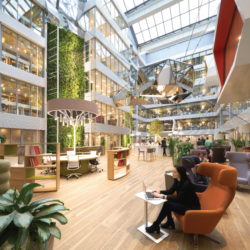
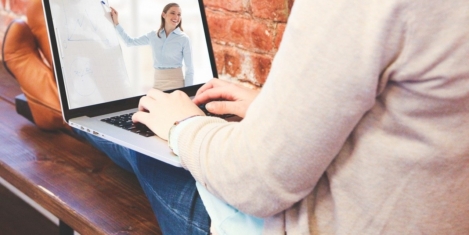
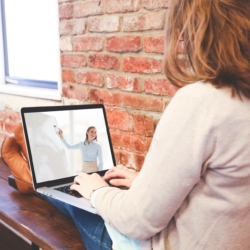 A new survey from
A new survey from 

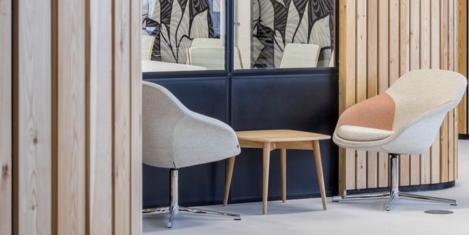
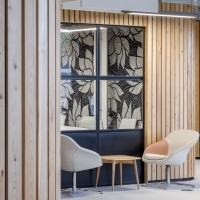
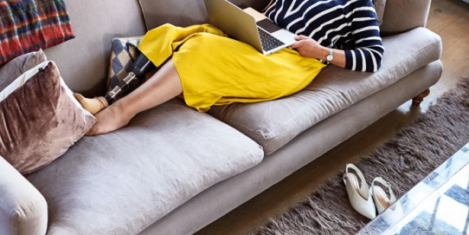
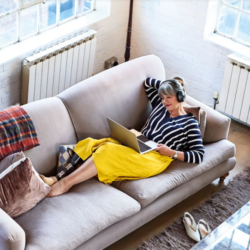 More than half of UK workers – 53 percent – plan to make a change to their career in the next 12 months as a direct result of the Coronavirus pandemic according to a new study from
More than half of UK workers – 53 percent – plan to make a change to their career in the next 12 months as a direct result of the Coronavirus pandemic according to a new study from 


 New research by the
New research by the 








September 23, 2020
The stage is set for the next phase of working life
by Mark Eltringham • Comment, Flexible working, Technology, Wellbeing, Working lives